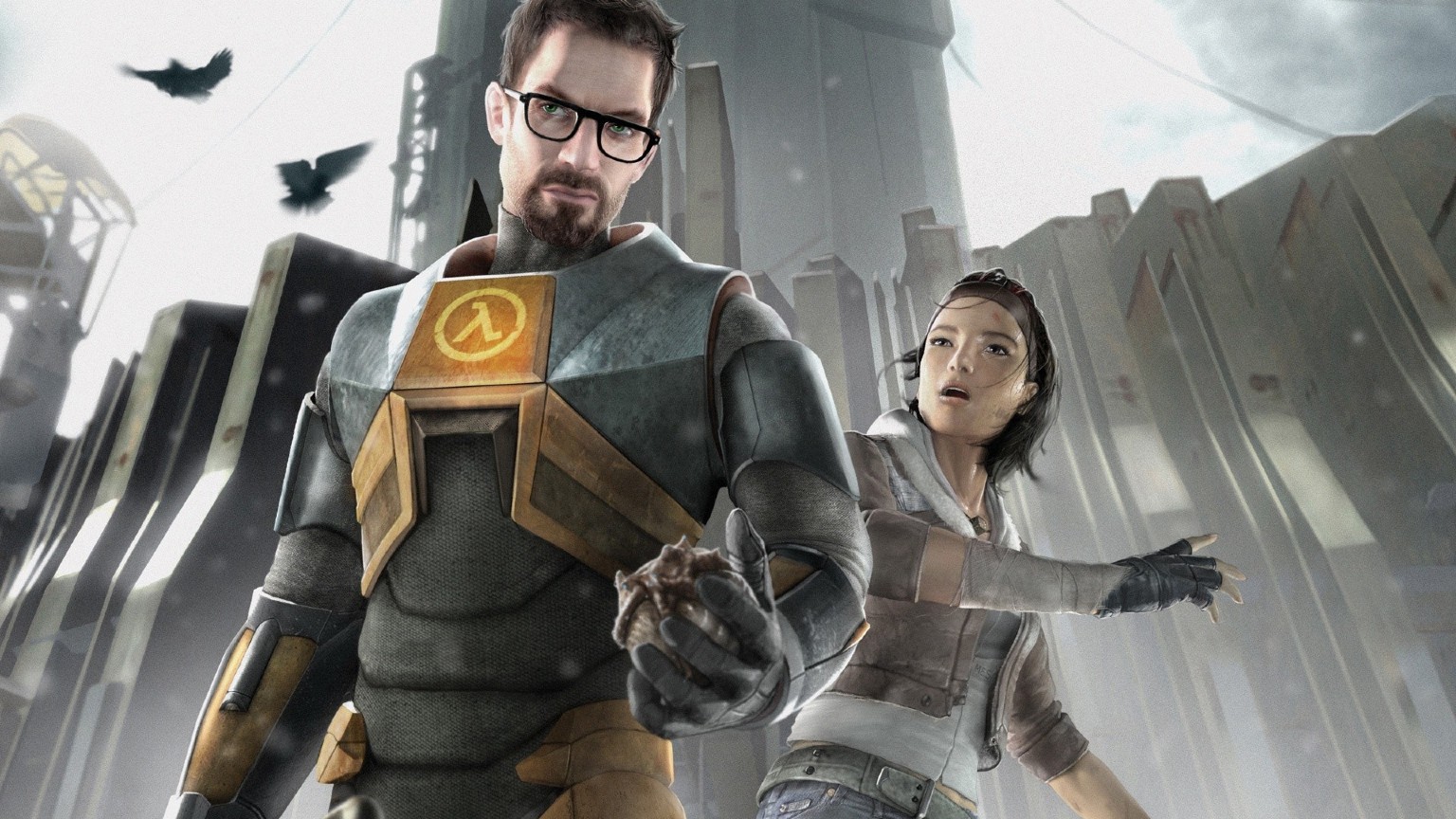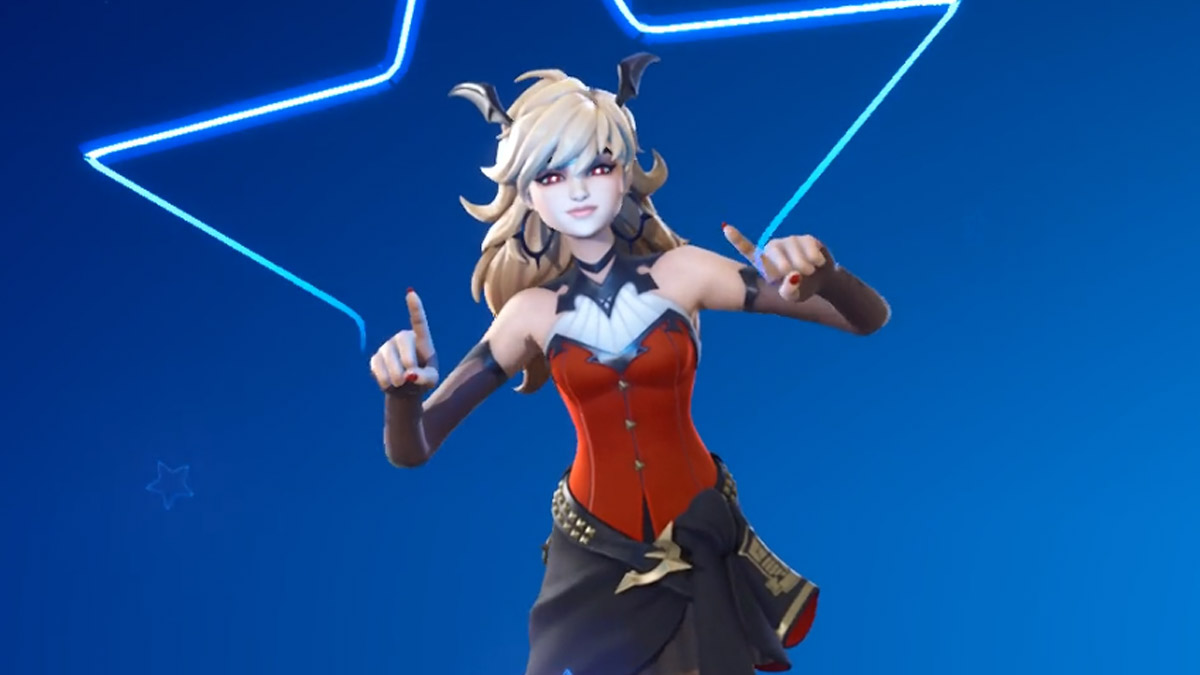You can trust VideoGamer. Our team of gaming experts spend hours testing and reviewing the latest games, to ensure you're reading the most comprehensive guide possible. Rest assured, all imagery and advice is unique and original. Check out how we test and review games here
The restrictions imposed by DRM systems may be encouraging people to play pirate games, according to Gabe Newell, co-founder of Valve.
Newell believes that gamers play pirate software because they offer a better experience than legitimate products.
“In general, we think there is a fundamental misconception about piracy,” said Newell, speaking to The Cambridge Student Online. “Piracy is almost always a service problem and not a pricing problem.
“For example, if a pirate offers a product anywhere in the world, 24 x 7, purchasable from the convenience of your personal computer, and the legal provider says the product is region-locked, will come to your country 3 months after the US release, and can only be purchased at a brick and mortar store, then the pirate’s service is more valuable.
“Most DRM solutions diminish the value of the product by either directly restricting a customers use or by creating uncertainty.”
Piracy is effectively “a non-issue” for Valve, added Newell, because the company has focused on providing a better service for its users.
“Our goal is to create greater service value than pirates, and this has been successful enough for us that piracy is basically a non-issue for our company. For example, prior to entering the Russian market, we were told that Russia was a waste of time because everyone would pirate our products. Russia is now about to become our largest market in Europe.”
In the same interview, Newell was asked whether he felt it was a mistake to release Half-Life sequels in episodic form. “Not yet,” he replied.
The Valve chief added that he had didn’t know when Half-Life 3 would be released.
Newell’s logic seems bang on the money, and the success of Steam speaks for itself.
Half-Life 2
- Platform(s): Android, Linux, macOS, PC, PlayStation 3, Xbox, Xbox 360
- Genre(s): Action, Shooter







